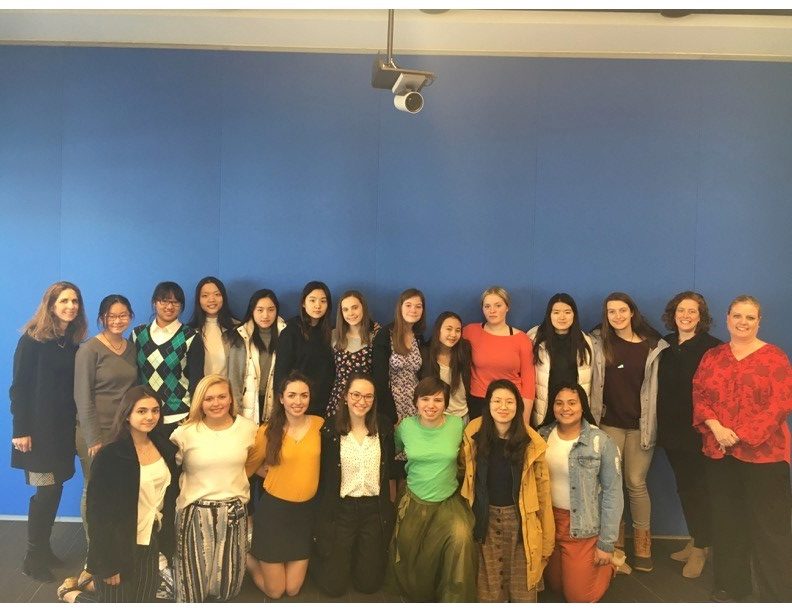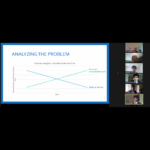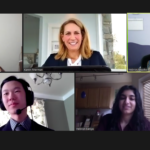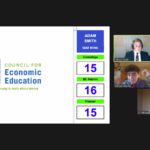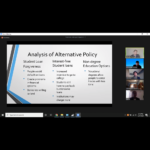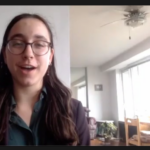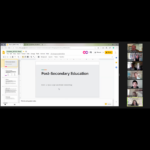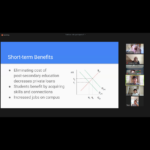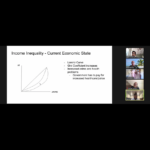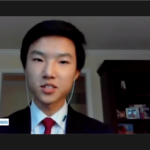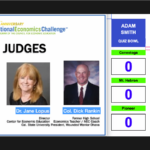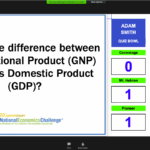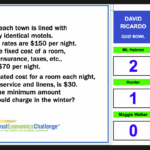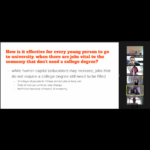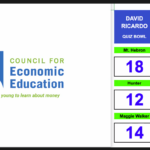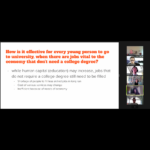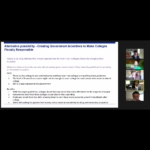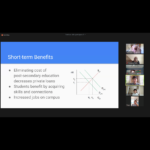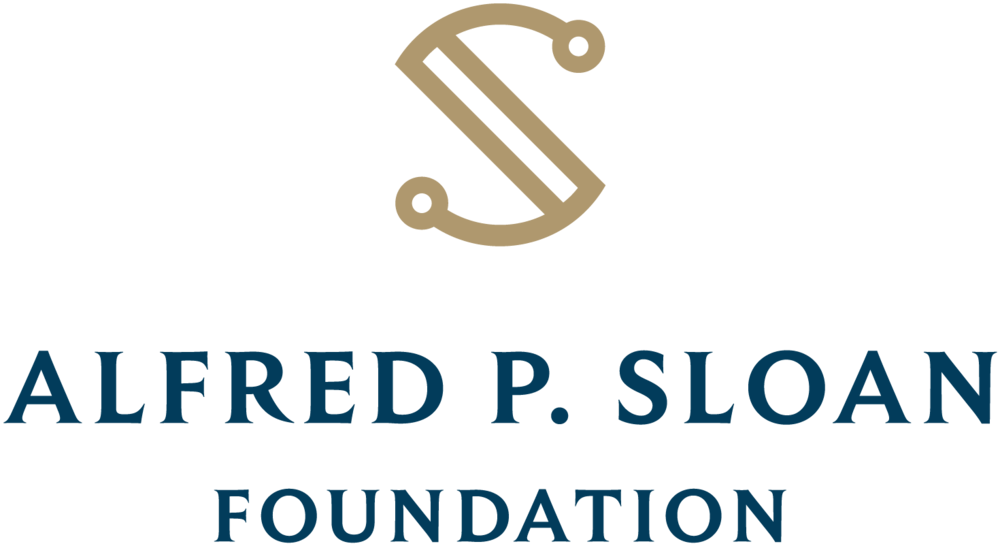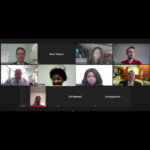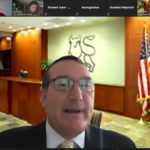The 2020 RI Personal Finance Challenge results are in! We are pleased to announce the following RI schools to be recognized with awards:
RI High School Division Personal Finance Challenge
1st Place: East Greenwich High School. Team PF1 won the 1st place High School state title for their school, with highest team score in state (820). Congratulations to Morgan Prior, Jason Page, Brant Wei, Andy Babb. Teacher Timothy McPartlin
2nd Place: West Warwick High School. Team Black Ice won the 2nd place High School state title for their school. Congratulations to Caleb Cyr, Andrew Batchelder, Nolan Wilkicki, and Ryan Hernandez. Teacher Marc LeBlanc
3rd Place: Woonsocket High School. Team 74 won the 3rd place High School state title for their school. Congratulations to Ariana J., Matthew K., and Latrell L. Teacher Robert Gruetzke
4th Place: Scituate High School. Team US Steel won the 4th place High School state title for their school. Congratulations to Steven Venditelli, Brenden Machowski, Ethan Carlson, and Sophia D’ Antuono. Teacher Dennis Ballou
5th Place: Central Falls High School. Team Warriors Make Cent$ won the 5th place High School state title for their school. Congratulations to Amber Aguilar, Dakota Aguilar, Leslie Henriques, and Janelie Ordonez. Teacher Samantha Desmarais.
6th Place: Johnston High School. Team Level B won the 6th place High School state title for their school. Congratulations to Danny Veliz-Morales, Sean Reth, Rafael Rivera, and Joel Renezes. Teacher Debra Smyth.
_________________
RI Middle School Personal Finance Challenge
1st Place: Archie R. Cole Middle School, Team CLS2 won the 1st place Middle School state title for their school, with highest team score in state (670). Congratulations to Ryan Sheehan, Andrew Connelly, Gregory Flanders and Owen Zimmer. Teacher Ellise Wolff
2nd Place: Davisville Middle School, Team 1 won the 2nd place Middle School state title for their school. Congratulations to Trent Sterner. Teacher Eileen Murray
_________________
RI Opportunity Zone Personal Finance Challenge
1st Place RI Opportunity Zone Challenge: Woonsocket High School. Team 74 won the 1st place Opportunity Zone title for their school. Congratulations to Ariana J., Matthew K., and Latrell L. Teacher Robert Gruetzke
2nd Place RI Opportunity Zone Challenge: Central Falls High School. Team Warrior$ Make Cent$ won the 2nd place Opportunity Zone title for their school. Congratulations to Amber Aguilar, Dakota Aguilar, Leslie Henriques, and Janelie Ordonez. Teacher Samantha Desmarais. Teacher Samantha Desmarais
__________________
The 1st place Personal Finance Challenge teams from East Greenwich High School (overall RI state Challenge winner) and Woonsocket High School (RI Opportunity Zone winner) went on to represent our state at the next level of the National Personal Finance online competition on Friday May 1, 2020: https://www.councilforeconed.org/npfc-2/
We wish to express our sincere thanks and congratulations to all of the participating RI teachers for all they have done to facilitate their students’ participation in this annual statewide competition, especially in these challenging times. We also appreciate the leadership provided by RI Jump$tart Board member Kerri McLaughlin, Pawtucket Credit Union Financial Literacy Director, in supporting this important RI Personal Finance Challenge program to advance and recognize RI students’ financial literacy accomplishments.
Finally, we would like to thank Fidelity Investments for their generous sponsorship of the 2020 RI Personal Finance Challenge, which allows us to offer the Challenge online every year free of charge to all RI high schools and middle schools. Fidelity Investments’ ongoing, annual support has empowered RI teachers and students to achieve higher levels of financial literacy in all aspects of their lives.
POSTED: May 14, 2020 | BY: Margaret Brooks
